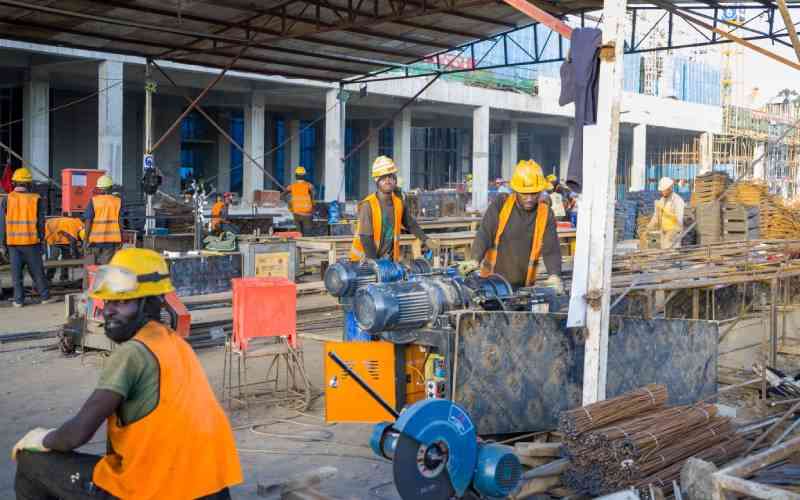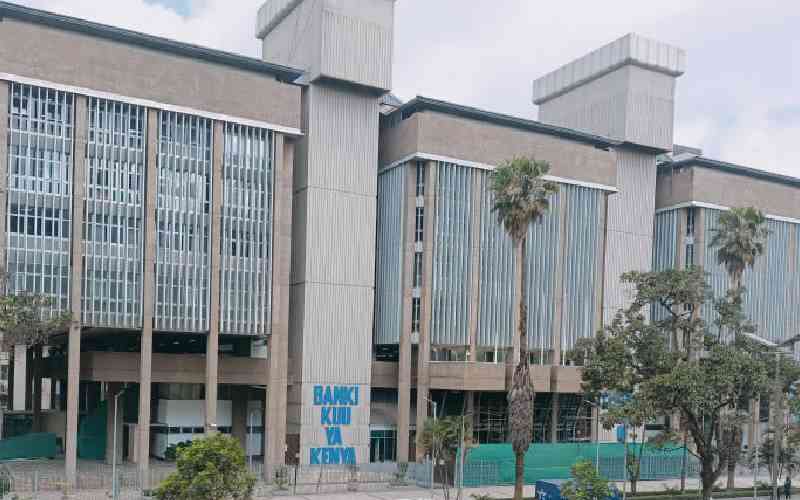×
The Standard e-Paper
Join Thousands Daily

Silas Njibwakale, the Managing Director of Kipkebe Ltd, a subsidiary of Sasini demonstrates how tea is plucked at one of the company's tea estates. [File, Standard]
Agricultural firm Sasini has shed 2,182 jobs in the last five years on the back of mechanisation of its tea harvesting process, which has eliminated tea pickers.







